Pandesal Recipe (Filipino Bread Rolls)
If there would be one food that would best describe the breakfast of Filipinos — that would be Pandesal.
Pandesal which literally means “Salted Bread” in Spanish can be considered as the national or maybe one of the most popular bread in the Philippines.
However, this Pandesal Recipe, the light, and soft bread, with a slightly crusted top is not salty contrary to its name but a sweet type of bread.

Check out our new cookbook
Bitemybun's family recipes with complete meal planner and recipe guide.
Try it out for free with Kindle Unlimited:
Read for freeIn this post we'll cover:
How to make pandesal
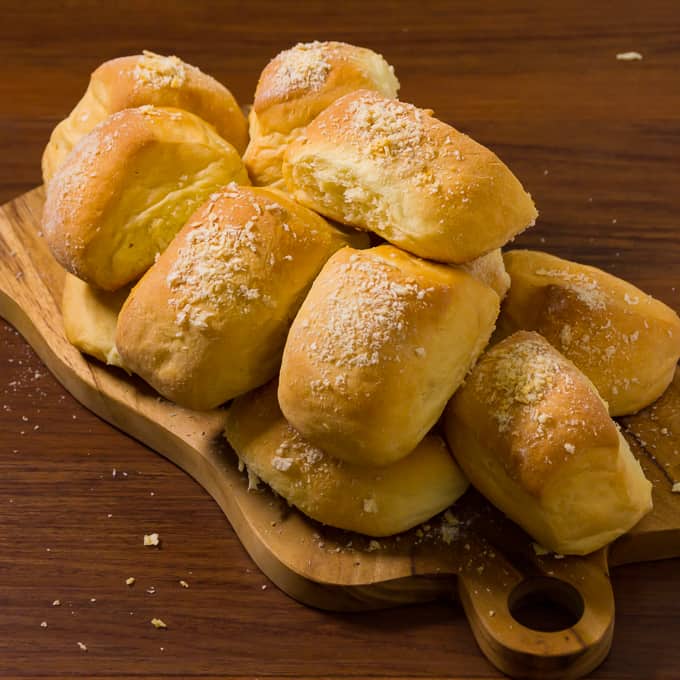
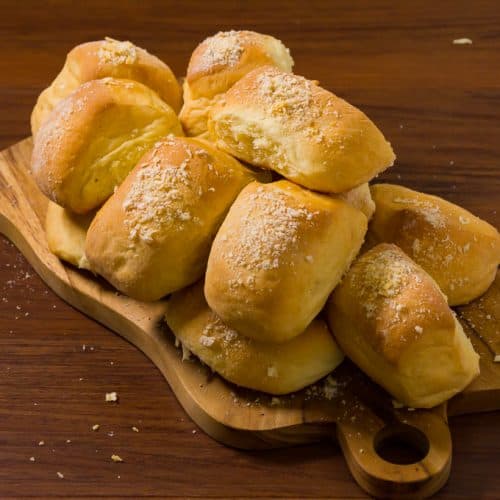
Pandesal Recipe (Filipino Bread Rolls)
Ingredients
- 4 cups all-purpose flour
- 50 g butter
- 1¼ dl sugar
- 1 tbsp baking powder
- 50 g fresh yeast or active yeast
- 1¼ cup warm milk
- 1 tbsp salt
- 1 cup breadcrumbs
- 1 egg
- 1 tbsp cooking oil
Instructions
- In a large bowl mash the active yeast and add the lukewarm milk and half of the sugar. Stir until its finely dissolve.
- In another bowl combine all the dry ingredients from the flour, sugar, salt and baking powder. Mix it well.
- Add the egg, butter, and oil in the dry mixture then follow the yeast sugar milk mixture and blend together until it makes a fine dough.
- Knead the dough, mold the dough until shape becomes round then put back in the mixing bowl. Cover the mixing bowl with a cloth and let the dough rise for at least 1 hour.
- Roll the dough into a rectangular sheet and then roll the sheet into a log, about 20 inches long and 2 inches in diameter. Cover generously with breadcrumbs and let it rest for about 30 minutes.
- Using a dough cutter or a flat knife, cut the log into 1-inch thick pieces. Place the pieces with the cut side up on a baking tray and sprinkle with breadcrumbs. Make sure there is enough space between pieces. Let the dough rise for about 15 minutes, the last time before baking the bread.
- Preheat the oven to 180 degrees Bake the bread for 20 minutes or until the pandesal becomes lightly toasted.
- Pan de sal is best enjoyed straight from the oven. Nothing beats hot freshly baked bread brushed with butter. You can always warm them in the microwave for 30 seconds serve and enjoy!
One Filipino breakfast would not be complete without a bag or basket full of hot Pandesal. This yeast bread is cooked in a “Pugon” or a wood-fired oven for added earthy and smoky flavor.
But conventional gas-fired oven can also be used to bake this bread. Pandesal can be easily prepared that even new home bakers can make them.
It only has few basic ingredients; bread flour or all-purpose flour, yeast, salt, sugar, and water. Some recipe calls for milk, butter, and eggs for added moist and richness.
Just like any yeast dough bread, it takes at least 2 hours for the pandesal dough to rise before the actual baking process.
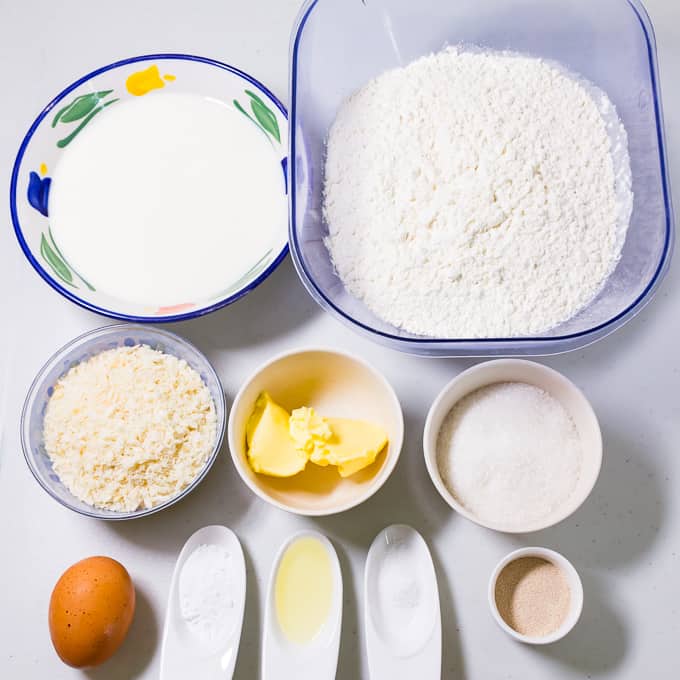
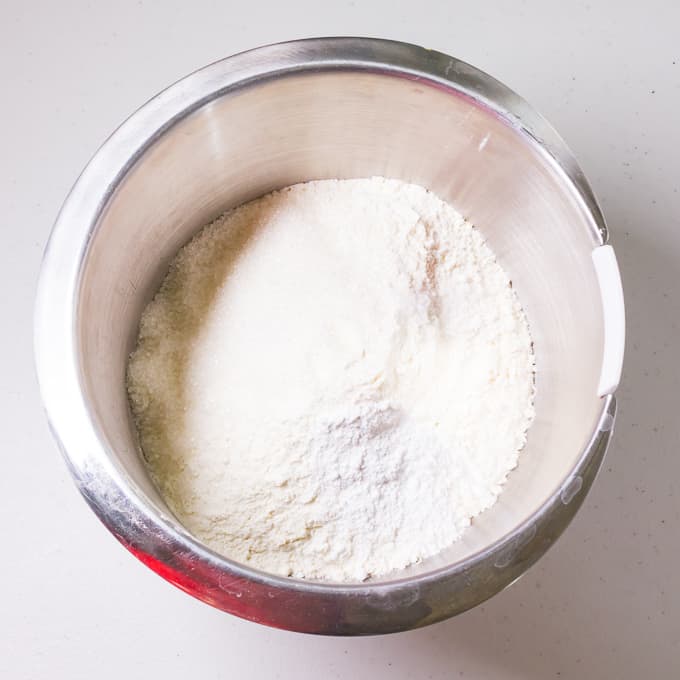
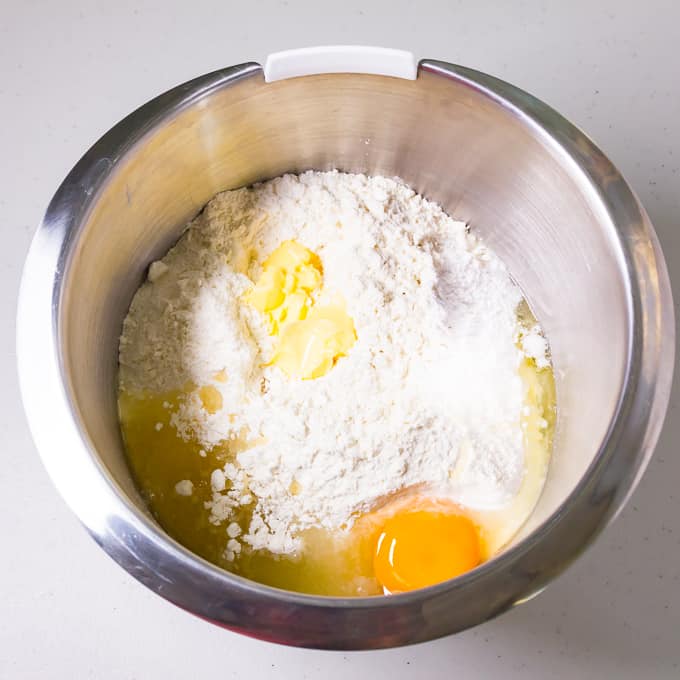
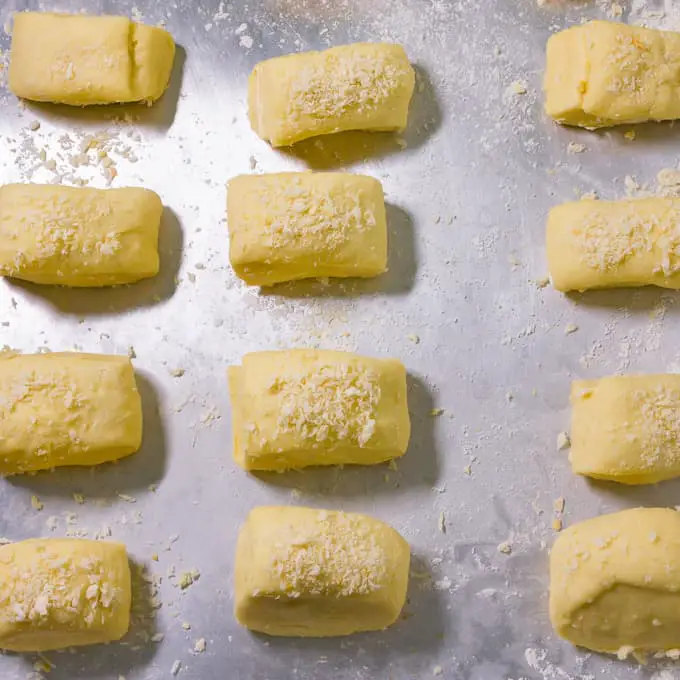
Ground local breadcrumbs are also coated to the pandesal before placing them inside the oven.
Pandesal Recipe Preparation Tip
Pandesal is a versatile bread that almost any food can be paired with it.
Most Filipinos enjoy their pandesal by spreading in some fillings like coco jam, peanut butter, scrambled egg, leftover adobo, ham, margarine, cheese or some fruit jams.
There are also filled-pandesal available in some local bakeries in the Philippines.
The Adobo filled and Corned beef filled Pandesal are also as equally delicious as the plain pandesal.
Another traditional way of eating Pandesal is to dip a small piece into a cup of hot coffee or hot chocolate. Pandesal was believed to be of Portuguese origin.
It can keep well inside the chiller for 3 days and can be reheated in an oven toaster or oven.
You should also check out this Otap Cebu Biscuit recipe as well
Check out our new cookbook
Bitemybun's family recipes with complete meal planner and recipe guide.
Try it out for free with Kindle Unlimited:
Read for freeJoost Nusselder, the founder of Bite My Bun is a content marketer, dad and loves trying out new food with Japanese food at the heart of his passion, and together with his team he's been creating in-depth blog articles since 2016 to help loyal readers with recipes and cooking tips.

